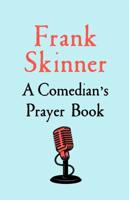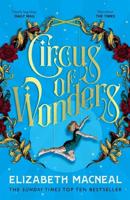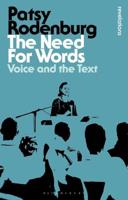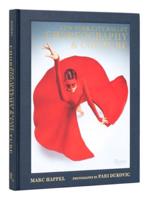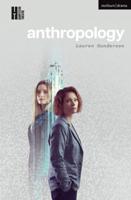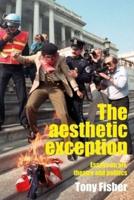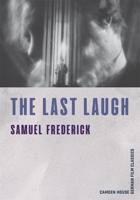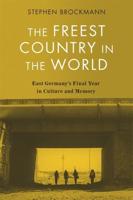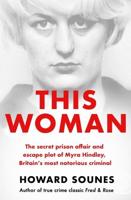Publisher's Synopsis
The cabaret, a symbol of the vitality and decadence of the Weimar Republic, developed during the years between the wars, an era rife with social, political and artistic tensions, an ideal breeding-ground for this form of topical, satirical entertainment. It attracted some of the foremost avant-garde artists of the period, including Walter Mehring, Bertolt Brecht and Hanns Eisler. As "Kleinkunst", the cabaret developed into a modern art form, bridging the gulf between high and low art, and engaging its audience in a witty, biting dialogue focusing on current events and trends.;This study reconstructs the artistic programmes, repertoires and reception of three famous "Kleinkunst" stages during the Weimar Republic: Max Reinhardt's "Schall und Rauch" (1919), Trude Hesterberg's "Wilde Buehne" (1921) and Werner Finck's "Die Katakombe" (1929). Drawing on hitherto unknown documents, the book describes a wide range of artistic experimentation found in these cabarets, from Dada-ist puppet-play to improvizational dance and political songs. It also explores the problems encountered by their authors and performers in trying to combine their artistic ideals with the commercial demands of the cabaret managers.



